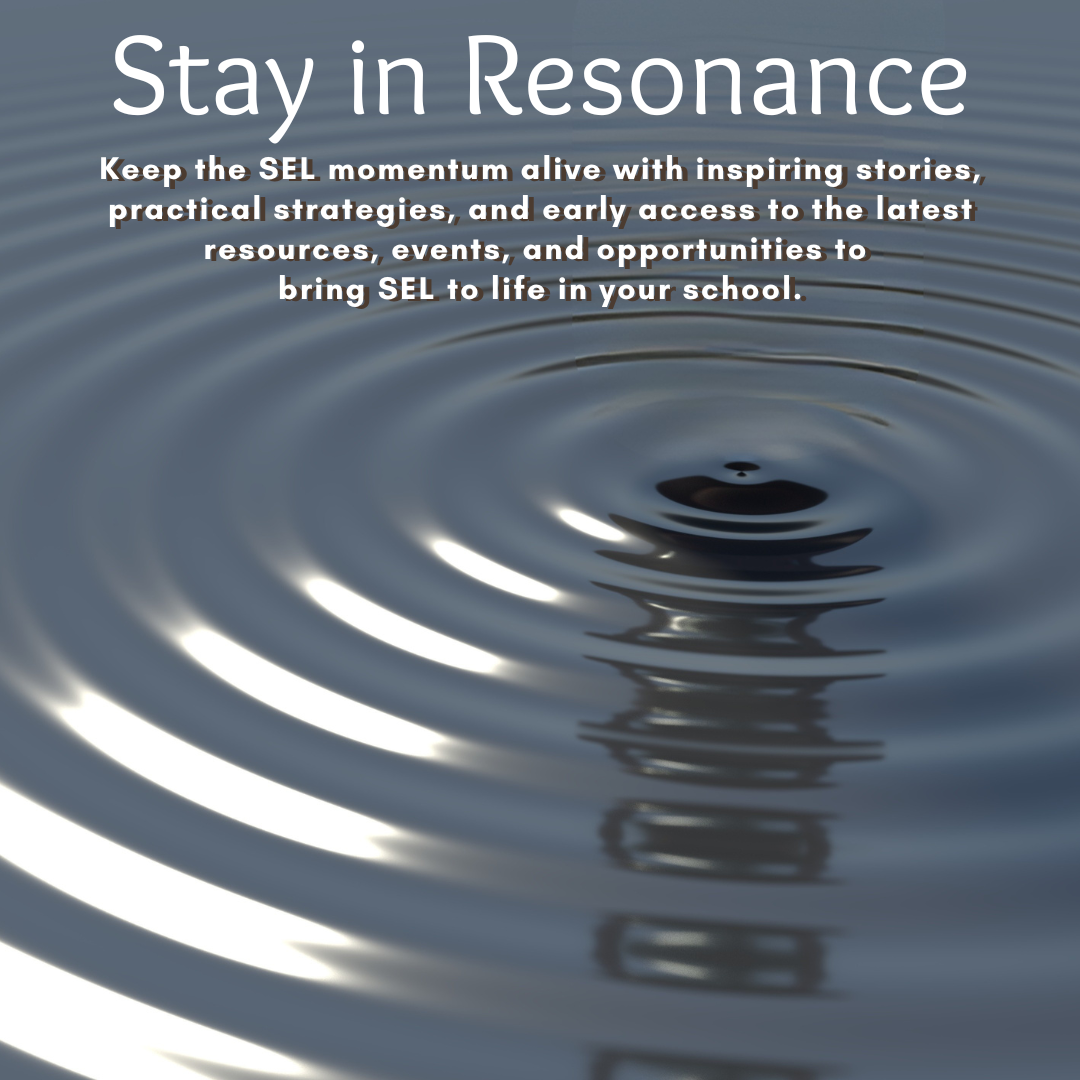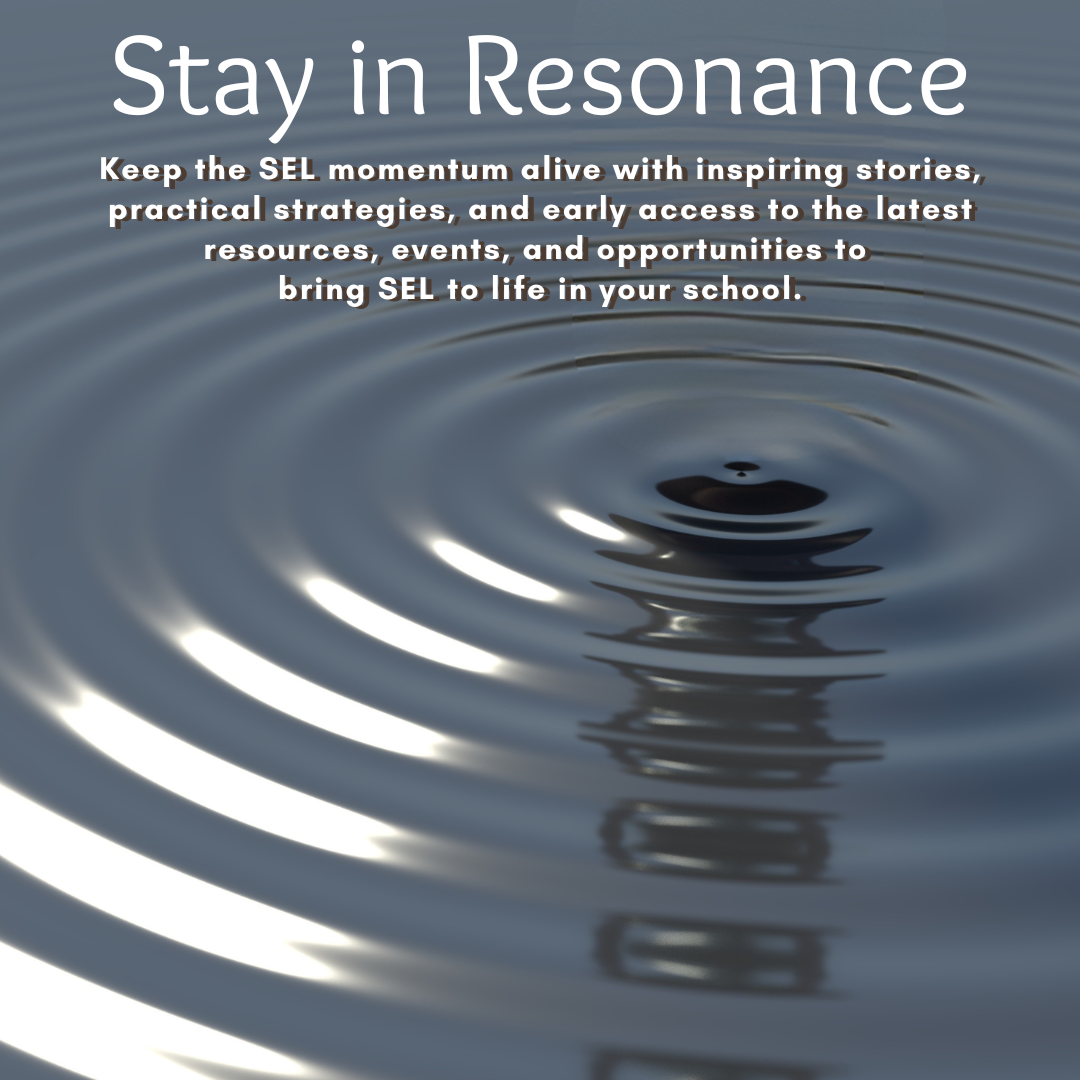051: The SEL Knowing-Doing Gap
Apr 20, 2023
A few weeks ago, I was having a coaching conversation with some fabulous high school counselors. One of the things we discussed is how to make social emotional learning skill development very explicit for students.
In this case, I don’t mean solely really focusing on the skills the students are lacking, but also focus on the strengths they bring to the table and asking, How can their strengths be leveraged to help them move from point A to point B and grow in a different skill?
Additionally, what can the counselor and student co-create together to work on developing those skills and monitoring them actively? While monitoring, what barriers or missteps arose?
While the counselors agreed this approach was valuable, they cited a frustration that hit me differently - and directly. They found that they could work effectively with students on developing SEL skills while in the counseling office. But then, the students leave that environment, move to another classroom, and are involved in a conflict or action that defies the work they just did.
“It’s like they completely forgot what we just discussed and worked on!”
The first thing that popped into my mind was how I responded to someone in my life the week before.
Before I describe what happened, let me reinforce that I have embedded myself in SEL for the last 17 years - personally and professionally - daily. As a result, I am constantly monitoring and making adjustments based on my SEL reflections.
I was having a conversation with someone important in my life. They brought up a topic that provokes (or triggers) me - and that I find really hard to have a conversation around because of some experiences that I've had in the past.
I said to this person, “You know what? I am having a hard time discussing this topic, especially how it's being presented to me. So I really don't want to talk about this right now.”
In response, the person came back to me with, “I can't ever have a conversation with you! It's hard to talk to you; you don't want to listen!”
This is the only person who has ever told me this. In that brief moment, I lost my sense of self. During the interaction, I raised my voice back out of frustration. And I'm feeling this deep sense of shame thinking about my response.
This situation reminds me of how we know what to do, but there is sometimes a gap between what we know and what we do when we are dysregulated.
Do you have a person or an event/action that can dysregulate you despite yourself?
I fully acknowledge that I control my feelings, thoughts, and actions. But, at the same time, in the presence of this one individual, even after I try to have these calm conversations and explain how I'm feeling, I act in a way that I'm not proud of.
And so what if we held our students to the same standards that we hold ourselves to, and if we respond to our students at the moment the same way that we're with the same grace that we would want somebody to hold us to?
It is important to remember that our students are younger and need more experience in developing SEL skills. However, we are also growing in these skills.
Maya Angelou has said, “When you know better, do better.” I am constantly striving to improve, and I've been rethinking this situation and how I can respond next time.
- How do you ensure you take that time to pause and reflect so you are responding and not reacting?
- How do you keep your core values at the forefront of your mind so you act in a way that makes you proud and aligns with your beliefs?
- How do you model your SEL skill development while providing opportunities for your students to grow in these essential life skills?


